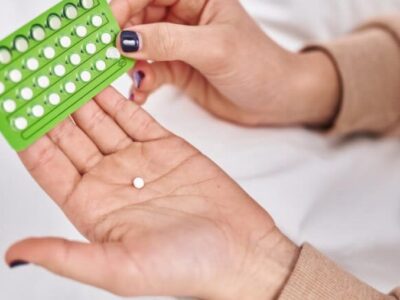
Alcohol or substance abuse withdrawal symptoms can be mild or severe depending on the level of addiction. Withdrawal symptoms are probably the worst part of recovering from an addiction, but through medical help, you can get through it. Whether you are recovering from alcohol, cocaine, heroin, opioids, marijuana, or any other type of addiction, withdrawal is a process you should not undertake alone. Withdrawal symptoms can be physical or emotional and can get worse if you don’t have medical support. Check out the different things you can do to overcome addiction withdrawals.
Attend a medical detox program
The recommended method for dealing with addiction withdrawal is to go through a medical detox program. Without the proper treatment, addiction withdrawal symptoms can be severe and sometimes fatal. Some include anxiety, depression, hallucinations, vomiting, nausea, headaches, mental confusion, dilated pupils, short-term memory loss, appetite loss, muscle weakness, suicidal thoughts, etc.
Some people recovering addicts experience delirium treatments which is a life-threatening form of alcohol withdrawal. A medical detox program provides all-round the clock medical management and supervision as you recover. Cravings and symptoms are manageable with medication and emotional support.
Stay hydrated
Many recovering drug and alcohol addicts suffer from dehydration and nausea during withdrawal. You should take a lot of water and fluids that contain electrolytes to recover properly from withdrawal symptoms. Calcium, sodium, potassium, and magnesium are some of the electrolytes found in many sports drinks. They help your body recover quickly from dehydration.
Don’t endure withdrawal symptoms alone.
Before you begin detoxification, it is vital to notify your family members and friends you live with. That way, they can offer you support during the process. Emotional support is beneficial during addiction withdrawal since it helps you cope with emotional withdrawal symptoms such as depression and stress.
Eat a nutritious and balanced diet.
A balanced and nutritious diet plays a significant role in the healing of the body during addiction withdrawal. You may experience physical symptoms such as general body weakness, tiredness, abdominal cramps, muscle aches, and joint pain. Eating meals rich in proteins, carbohydrates, vitamins, and other essential nutrients restores the healthy functioning of your body and brain. Note that alcohol and drugs deplete the nutrients the body needs to function efficiently, so it is vital to replace them during withdrawal to fasten the recovery process.
Exercise more
Healthy amounts of exercise during addiction withdrawal enable the brain to release endorphins which restore chemical balance. It also reduces tension in the body, helping you to cope with stress, anxiety and relax better. Exercise during withdrawal helps restore a healthy body functioning which can enhance mental health and stability to expedite the recovery process.
Maintain a structured sleeping pattern
Sleep helps your body to function well. Try not to get stimulated before bedtime, like by taking caffeine. Establishing a regular sleeping pattern helps with relaxation and regulates your body’s functioning to normal.
Complement your detox program with holistic methods
Holistic methods such as chiropractic care, massage therapy, acupuncture, meditation, yoga, counseling, and other therapies help in the recovery process from addiction. They go hand in hand with the medical detox program.
Join a support group
Last but not least, join a support group to maintain your sobriety.











